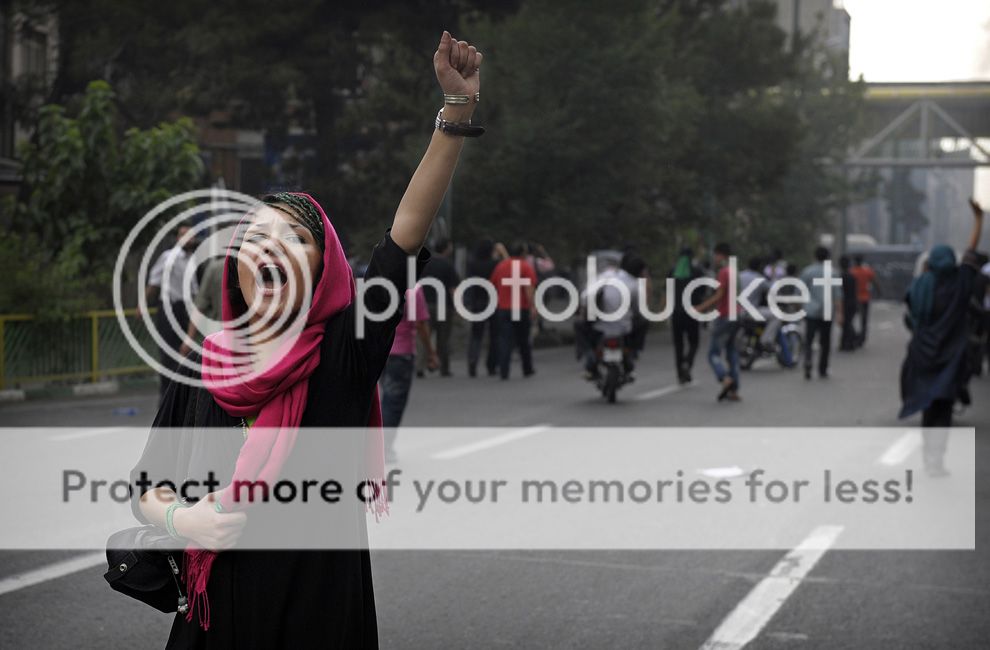February 2, 2011 - More Insights on Egypt
Featured Trades: (MORE ON EGYPT)
3) More Insights on Egypt. I had dinner with Neil MacFarquhar, UN Bureau Chief and former Cairo Bureau Chief for the New York Times, to get the latest view of what is happening on the Arab 'street.' MacFarquhar grew up in Libya around the time I tried to visit the country in the sixties (I was turned away at the Tunisian border), speaks and writes fluent Arabic, and has lived in Egypt, Kuwait, Israel, Cyprus, and Saudi Arabia, so he should know.
Until now, the US has tried to turn everyone into Americans, which is why Bush's policies were doomed to failure. As a result, our form of government has a bad name, which Iraqis now equate with violence and bloodshed. The political process in the Middle East is dead, with most countries run by dictatorships backed by secret police. Many have used the war on terrorism simply to lock up their own pro- democracy dissidents, and of course, our outsourcing of torture there is well known.
However, the bombings in Riyadh and Casablanca have clearly moved sentiment against Al Qaida. Ironically, the Arab cable TV network, Al Jazeera, has become a tremendous force for change by giving air to debate and alternative views, even though it has been opposed by the US for years. With 25% inflation and 30% unemployment, the mullahs have to eventually lose control in Iran, with the demographics running strongly against them.
Obama was right to launch new initiatives the first week of his administration in the region, where leaders have learned they can resist foreign peace efforts by waiting them out. I covered the Middle East myself as a journalist in the seventies and as an investment banker during the eighties, and what Neil says makes a lot of sense.

